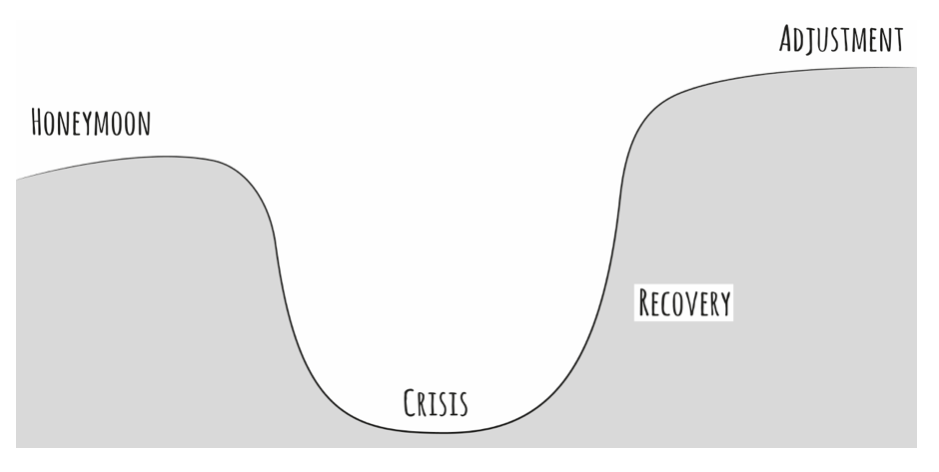Picture this: you’re at a bustling international conference, surrounded by professionals from all corners of the globe.
As you navigate the sea of faces, you strike up a conversation with a colleague from Japan.
You’re eager to make a good impression, but as the conversation unfolds, you find yourself struggling to find common ground.
You can tell your colleague is uncomfortable.
Maybe you spoke too personally too soon.
This scenario highlights the sometimes delicate nature of small talk across cultures.
What may be considered polite and engaging in one culture could be perceived as intrusive or off-putting in another.
In this blog post, we’ll unravel the mysteries of small talk in cross-cultural interactions.
The West
In Western cultures, small talk often revolves around neutral topics such as the weather, sports, or current events.
For instance, in the United States, it’s common to initiate conversations with casual remarks like, “How’s the weather treating you today?” or “Did you catch the game last night?”
These topics serve as safe conversational starters, allowing individuals to ease into interactions without delving into more personal matters right away.
The East
On the other hand, in many Eastern cultures, small talk tends to be more reserved and indirect, focusing on topics that preserve harmony and respect.
In Japan, for example, small talk often centers around polite greetings and expressions of gratitude.
Initiating conversations with phrases like “How are you?” or “Thank you for your time” demonstrates respect for social norms and etiquette.
The Middle East
In some cultures, such as those in the Middle East, small talk may involve more personal inquiries about family, health, or well-being.
For instance, in countries like Saudi Arabia or the United Arab Emirates, it’s common for individuals to inquire about each other’s families or offer blessings for good health and prosperity.
The Missteps & Misspeaks
Though small talk can serve as a tool to build rapport, it can also present cultural pitfalls if not approached with sensitivity and awareness.
For instance, in China, discussing topics related to politics, religion, or personal finances may be considered taboo, as they can potentially lead to conflict or discomfort.
Similarly, in some cultures like Finland or Sweden, excessive small talk may be perceived as insincere or intrusive, as these societies value directness and authenticity in communication.
Navigating these cultural boundaries requires a keen understanding of local customs and norms.
By observing and adapting to the small talk conventions of different cultures, individuals can bridge cultural divides, foster connections, and build trust in their interpersonal interactions.












